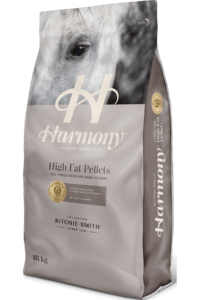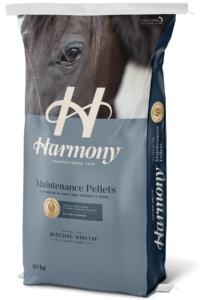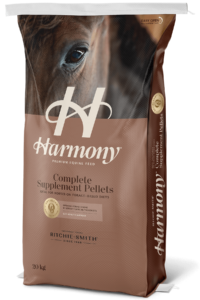Feeding Broodmares & Foals
Learn how to feed your broodmares and foals using our high quality equine feeds.
During early pregnancy mare nutrient requirements are similar to that of a non pregnant mature mare. They should be fed in a manner to achieve desired weight gain/loss on an individual basis.





 Premium Poultry Feed
Premium Poultry Feed
 Premium Equine Feed
Premium Equine Feed









